Electronics & Telecommunication
Electronics & Telecommunication
Vision
To impart knowledge of Electronics and communication to support the socio-industrial requirements.
Mission
M1: To provide effective teaching learning process through ICT based activities.
M2: To enhance professional skills through extra and co-curricular activities.
M3: To develop technical resource in the field of Electronics & Telecommunication engineering following ethics.
Goals
To Provide proper quality education and important knowledge of electronics and telecommunication to develop employability skills to meet industrial needs for betterment of society.
Provide quality education and important knowledge of electronics and telecommunication to develop employability skills to meet industrial needs for betterment of society.
Strengths
NBA Accredited Well educated and experienced faculties. Well-equipped laboratories. Good Infrastructure. Wifi facilities. Utilization of ICT tools like LCD projector, smart board, moodle, self learning lab, DIY project. Conduction of co-curriculum activities, technical seminar, industry visits. Extra curriculum activities like sports, social activities, cultural program.
Program Educational Objectives (PEO)
PEO 1: Provide socially responsible, environment friendly solutions to Electronics and Telecommunication engineering related broad-based problems adapting professional ethics.
PEO 2: Adapt state-of-the-art Electronics and Telecommunication engineering broad-based technologies to work in multi-disciplinary work environments.
PEO 3: Solve broad-based problems individually and as a team member communicating effectively in the world of work.
Program Specific Objectives (PSO)
PSO1: Electronics and Telecommunication Systems: Maintain various types of Electronics and Telecommunication systems.
PSO2: EDA Tools Usage: Use EDA tools to develop simple Electronics and Telecommunication engineering related circuits.
Program Outcomes (PO)
PO1: Basic and Discipline specific knowledge: Apply knowledge of basic mathematics, science and engineering fundamentals and engineering specialization to solve the engineering problems.
PO2: Problem analysis: Identify and analyse well-defined engineering problems using codified standard methods.
PO3: Design/ development of solutions: Design solutions for well-defined technical problems and assist with the design of systems components or processes to meet specified needs.
PO4: Engineering Tools, Experimentation and Testing: Apply modern engineering tools and appropriate technique to conduct standard tests and measurements.
PO5: Engineering practices for society, sustainability and environment: Apply appropriate technology in context of society, sustainability, environment and ethical practices.
PO6: Project Management: Use engineering management principles individually, as a team member or a leader to manage projects and effectively communicate about well-defined engineering activities.
PO7: Life-long learning: Ability to analyse individual needs and engage in updating in the context of technological changes.
Ms. Kulkarni A. D.
Lecturer BE(Electronics), ME (VLSI & Embedded Systems)
adkulkarni_entc@jspmjspoly.edu.in
About ETESA
ETESA, or the Electronics and Telecommunication Students’ Association, is an association formed by the students of Electronics and Telecommunication Engineering to foster the growth of knowledge in the field amongst its students. With the support and guidance of the faculty, it provides the students a platform to sharpen their organizational skills.
Introduction
The Institution of Electronics and Telecommunication Engineers (IETE) founded in 1953 is one of the leading Professional Society in India. With the great vision of founder and subsequent forefathers and stalwarts who were leading light of the Institution IETE, have been devoting and contributing for the advancement of Science and Technology in the fields of Electronics, Communication Engineering, Computer Science, Information Technology and other related subjects. The major focus of IETE is to provide engineering education i.e. Degree and Diploma level certifications to younger generation at affordable cost who cannot afford it through regular & private engineering institutions at exorbitant cost. IETE has got two streams of Student base. First wing is the students of alma-mater, IETE, viz, the pass outs of DIPIETE, AMIETE and ALCCS students. For them we have an Alumni Association formed in 2013 and the Second one is the Engineering students studying in Engineering Colleges and Polytechnics across the Country. This wing is the ISF (IETE Students Forum). More than 550 live ISFs are functioning in India today with a student membership of more than 60,000.
Objectives Of ISF (IETE Students Forum)
- Telecommunication is a diverse field of engineering including electronics, civil, structural, and electrical engineering as well as being a political and social ambassador, a little bit of accounting and a lot of project management. Ultimately, telecom engineers are responsible for providing the method that customers can get telephone and high speed data services.
- To bring about the technical development of student by organizing seminar, workshop and other activities.
- To improve the non-technical ability of the student by engendering, good communication skills, managerial ability, presentation skill, team work, etc
- Improving standard of Engineering Education
- Counseling the students in the emerging new opportunities
- Encouraging and motivating the outside Class room studies /Workshops/projects/Seminars
- Increasing the student base and Corporate membership of IETE
Activities
- To plan, organize Technical Programs, Special Lectures, Workshops, Seminars Symposia, exhibitions for the benefit of students.
- To provide common platform for students to exchange of ideas in technical topics of interest, e.g. curriculum, employment, higher educational opportunities, emerging trends, etc.
- To facilitate technical visits, project works, employment, contact with industries and academic institutions.
- Encourage team spirit and self-reliance among student members.
- ISFs should be a catalyst for the overall growth in technical and professional skills in young students.
Benefits
- Priority for publishing their papers in Journal of Education.
- Can also subscribe for other publications such as IETE Journal of Research and IETE Technical Review (available online).
- ISF students are welcome to attend IETE technical programs in India at reduced Regn. fees.
- ISF member will be issued with an Identity Card.
Advisory Committee And Students Executive Council
| Designation | Name of Committee member |
|---|---|
| President | Mrs.M.M.Kulkarni(HOD) |
| Secretary | Mrs.N.A.Jadhav |
| Secretary | Ms.A.D.Kulkarni (Activity Incharge EJ) |
| Joint Secretary | Gayatri Rathour (TY EJ) |
| Treasurer | Madane Aniket (TY EJ) |
| Cultural Secretary | Ms.Gote Shravani (TY EJ) |
| Boys Representative | Mr.Sathe Harshvardhan R (TY EJ) |
| Girls Representative | Ms.Singh Kashish J (TY EJ) |
| Boys Representative | Mr.Dhemare Aman (SY EJ) |
| Girls Representative | Ms.Jain Mansi Kumari (SY EJ) |
| Members | All FY,SY & TY students |


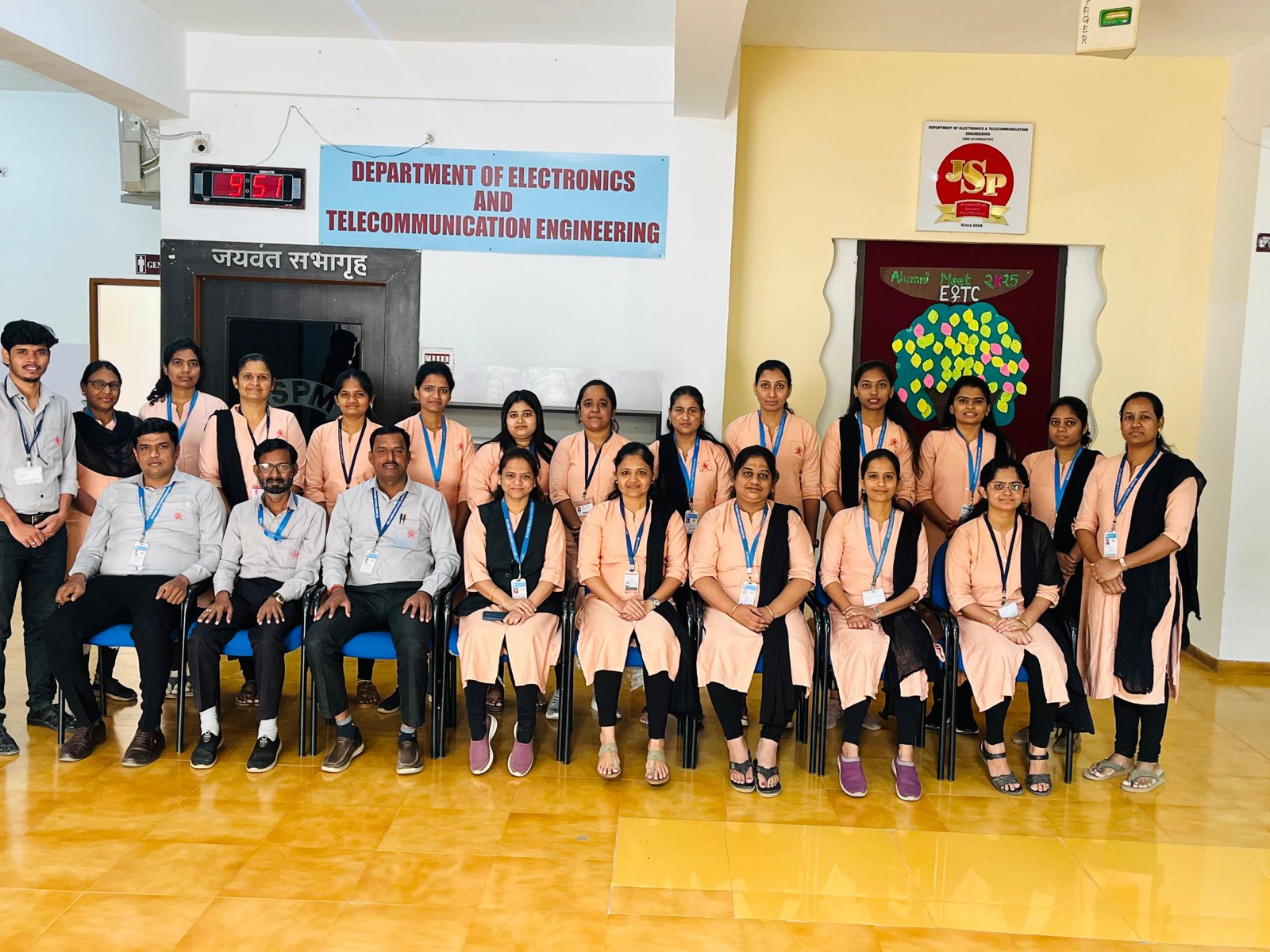
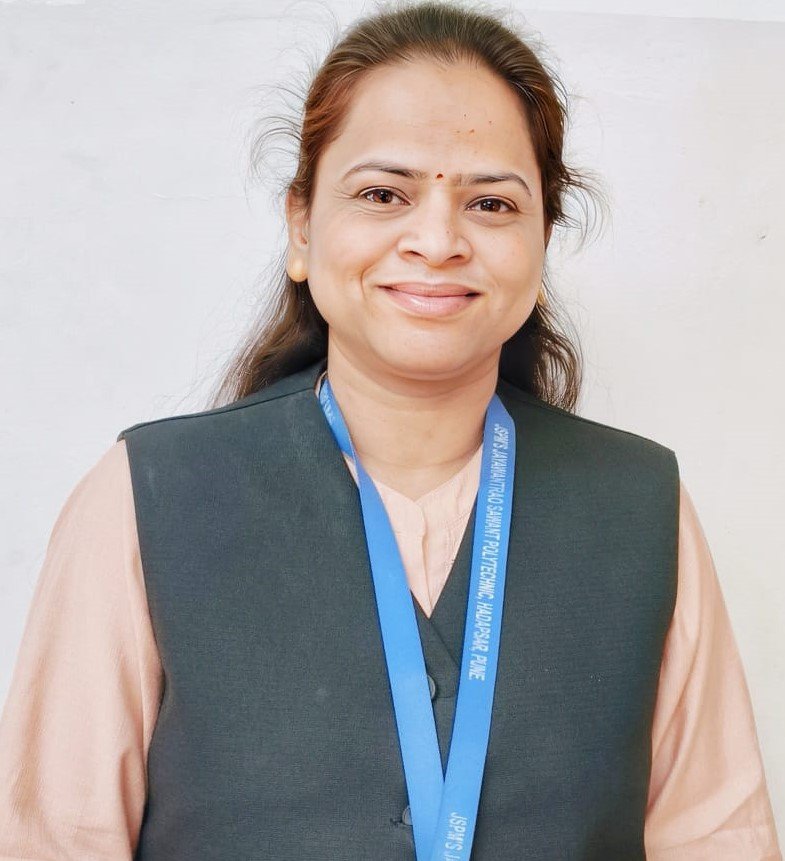

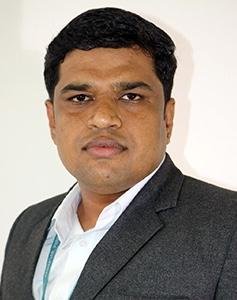
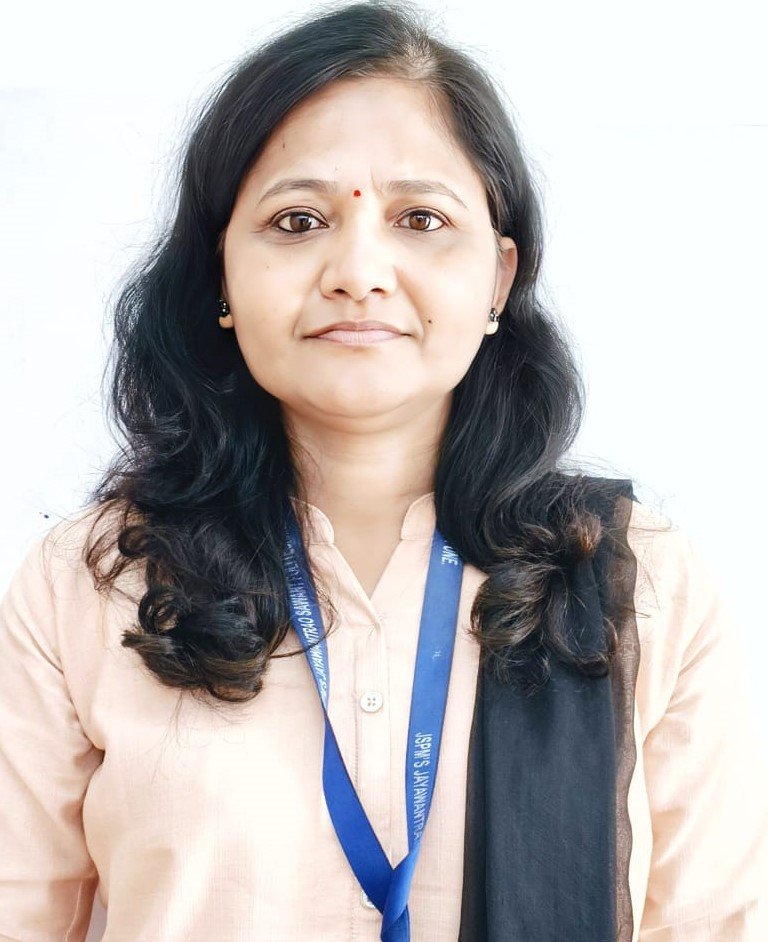
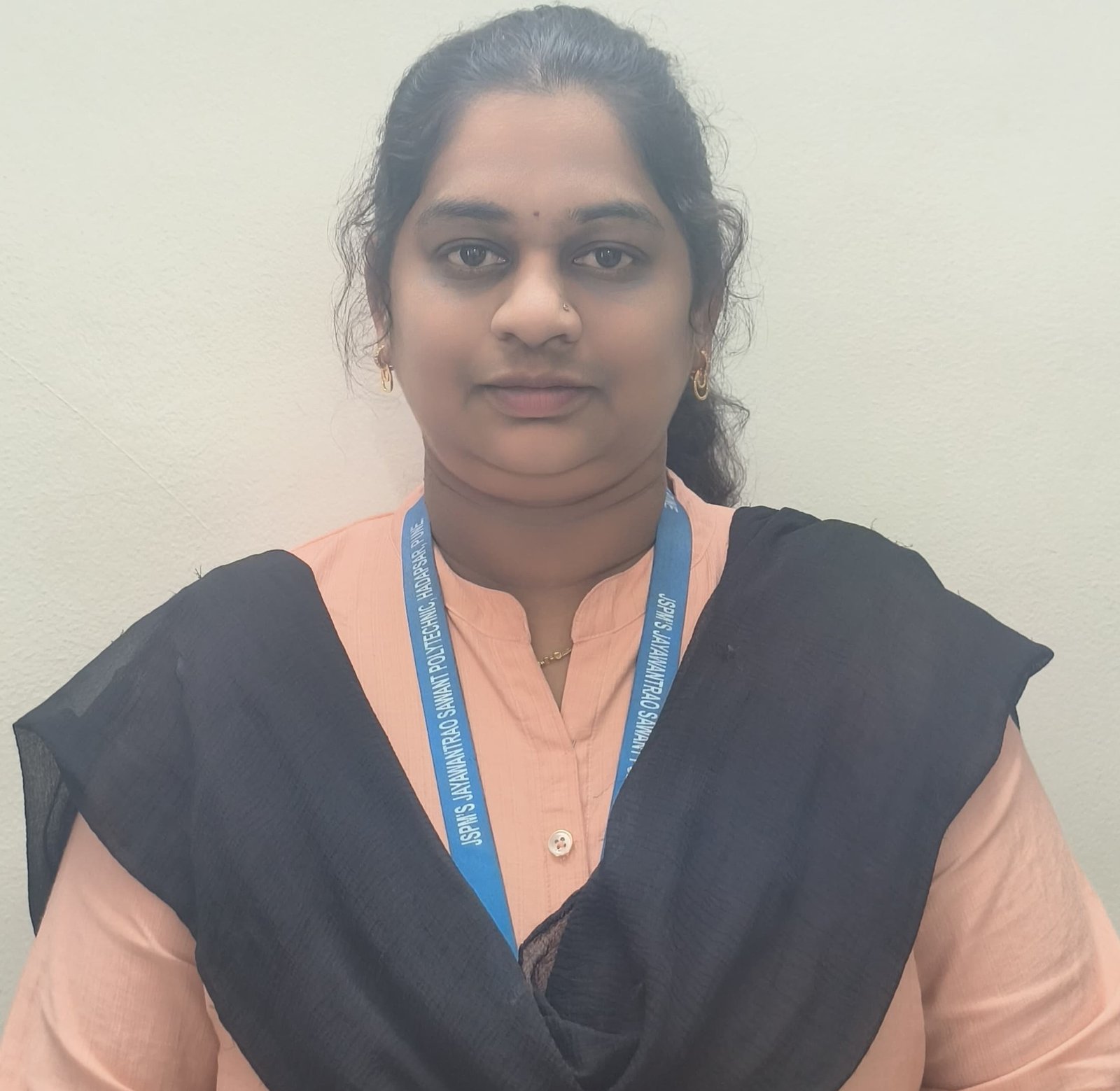
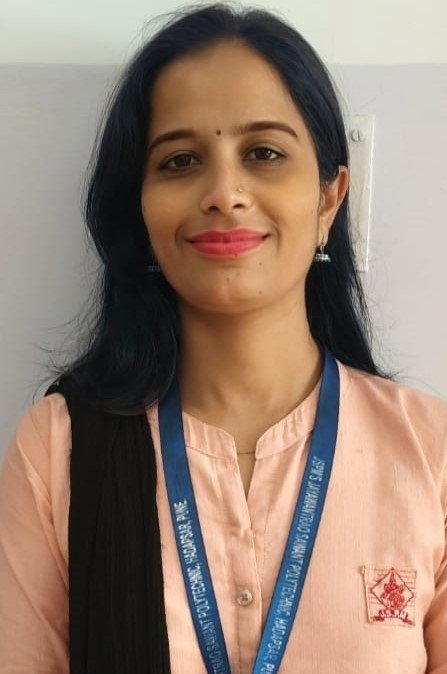
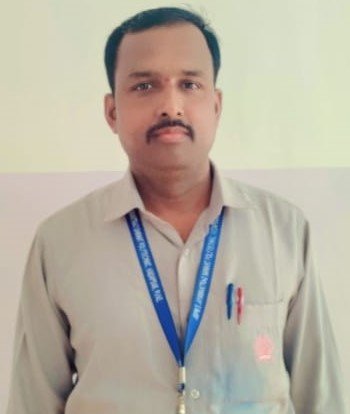
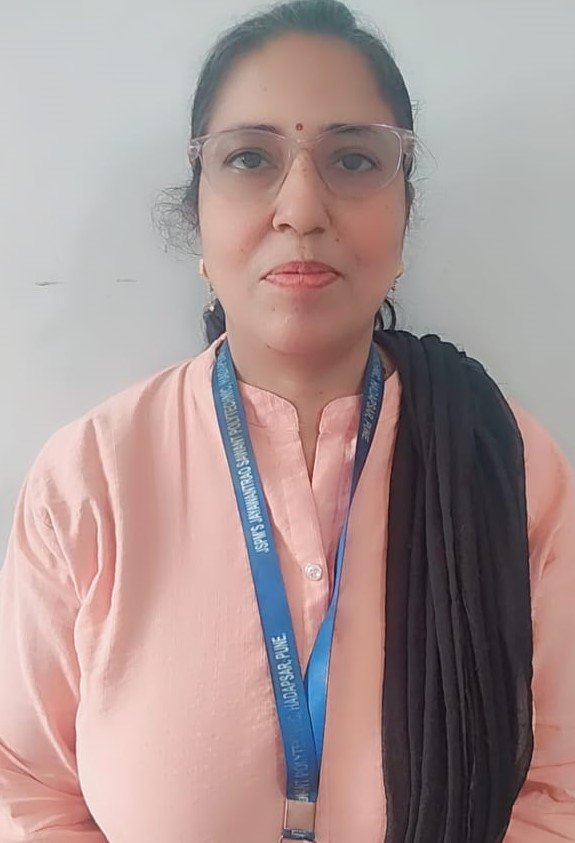
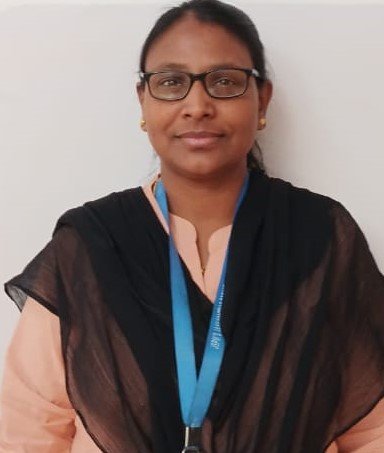
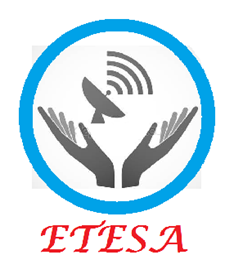
Electrical Lab
The Basic Electrical Engineering (BEE) Laboratory is a foundational facility for first-year engineering students, offering hand ...
Read MoreBasic Electronics Lab
A Basic Electronics Lab is a foundational facility designed to provide hands-on experience in understanding and building electr ...
Read MoreCommunication Lab
A Communication Lab is a specialized facility designed to provide practical experience in understanding and implementing variou ...
Read MoreMicrocontroller & Digital System Lab
A Microcontroller & Digital System Lab is a specialized facility designed to provide hands-on experience in microcontroller ...
Read More